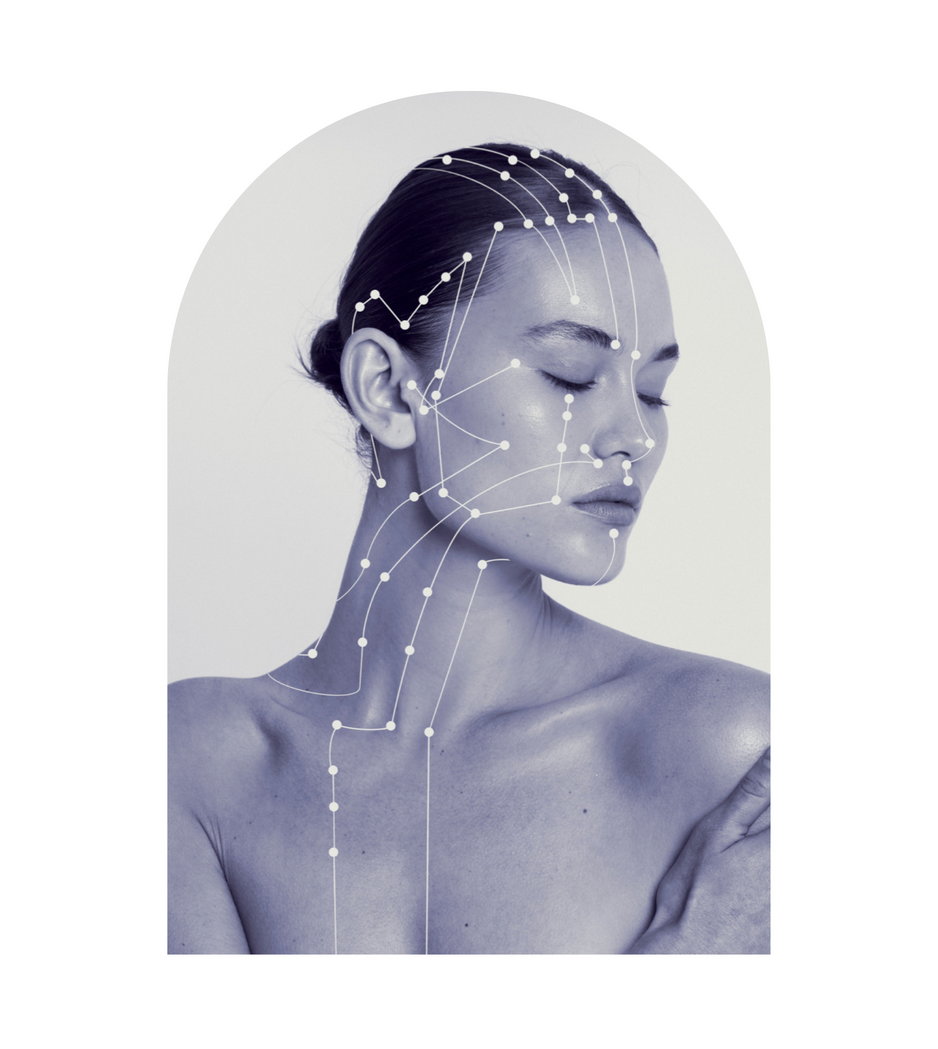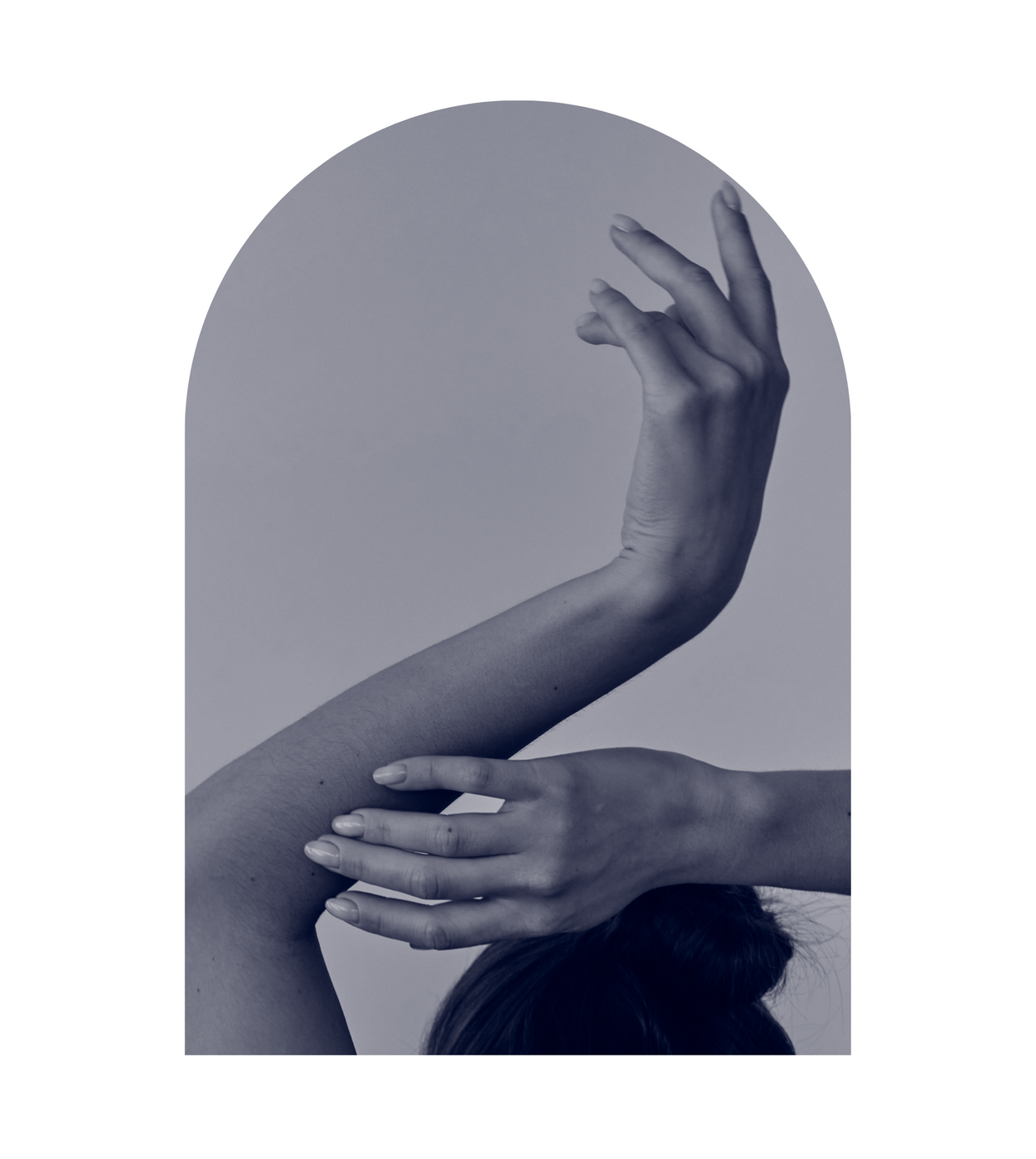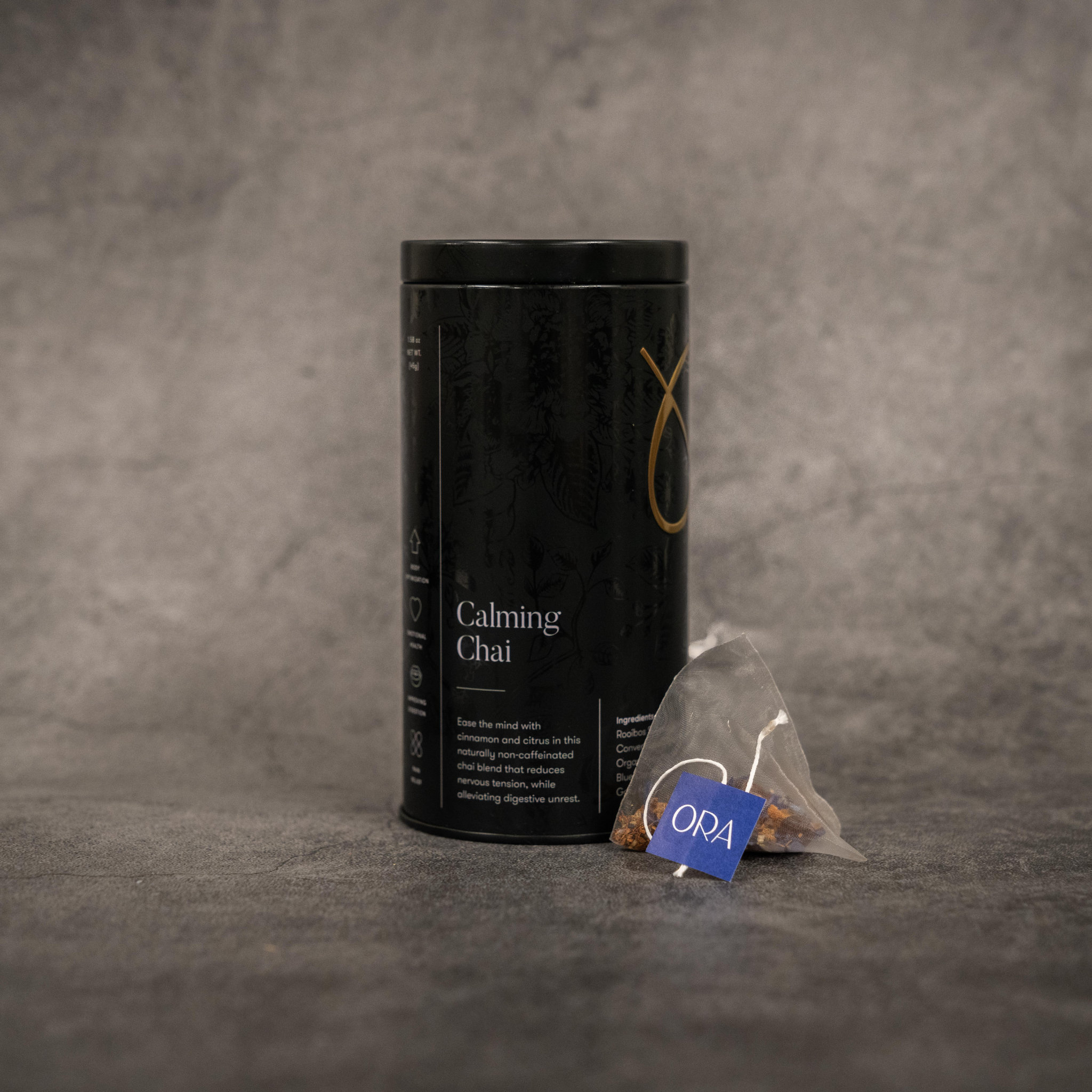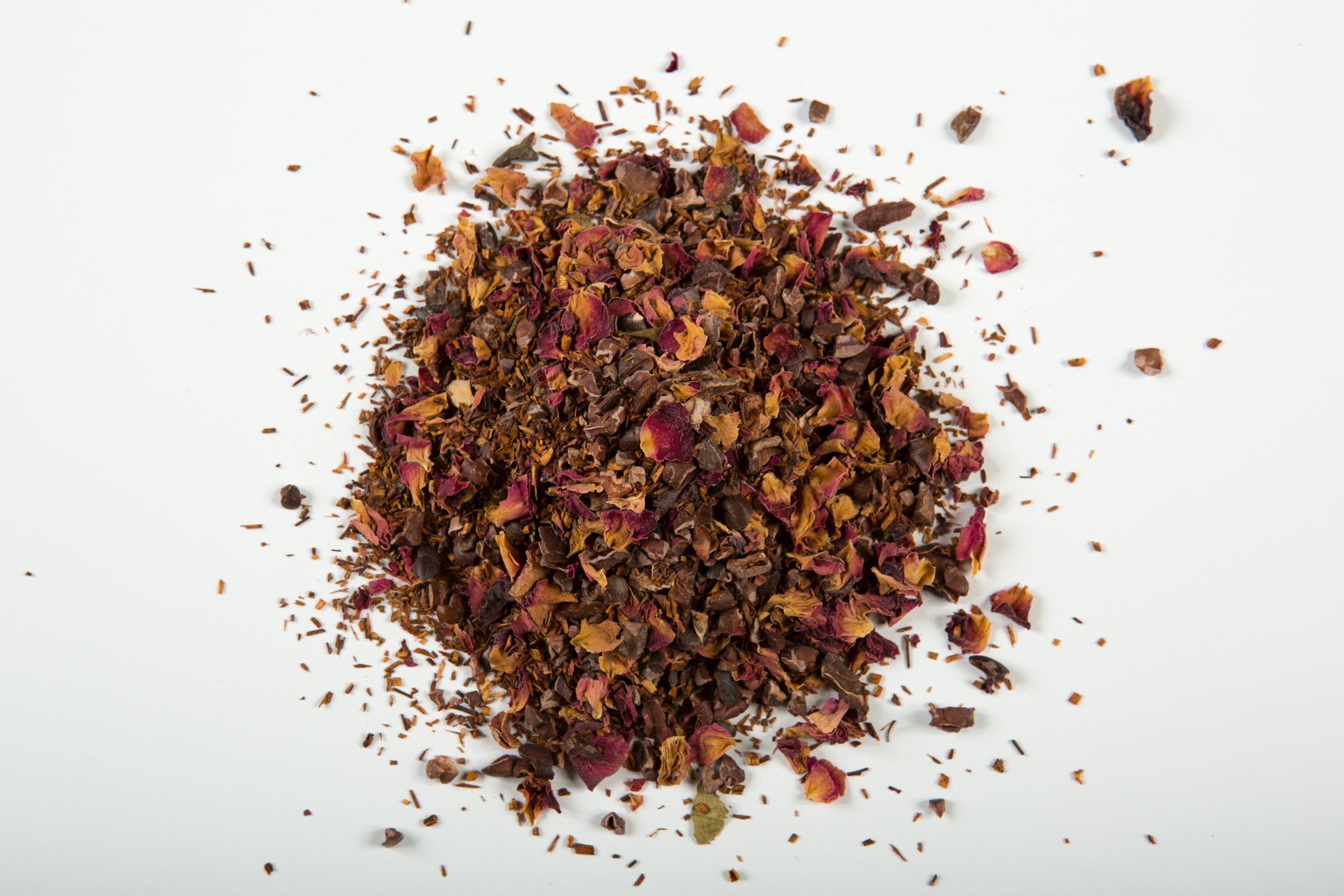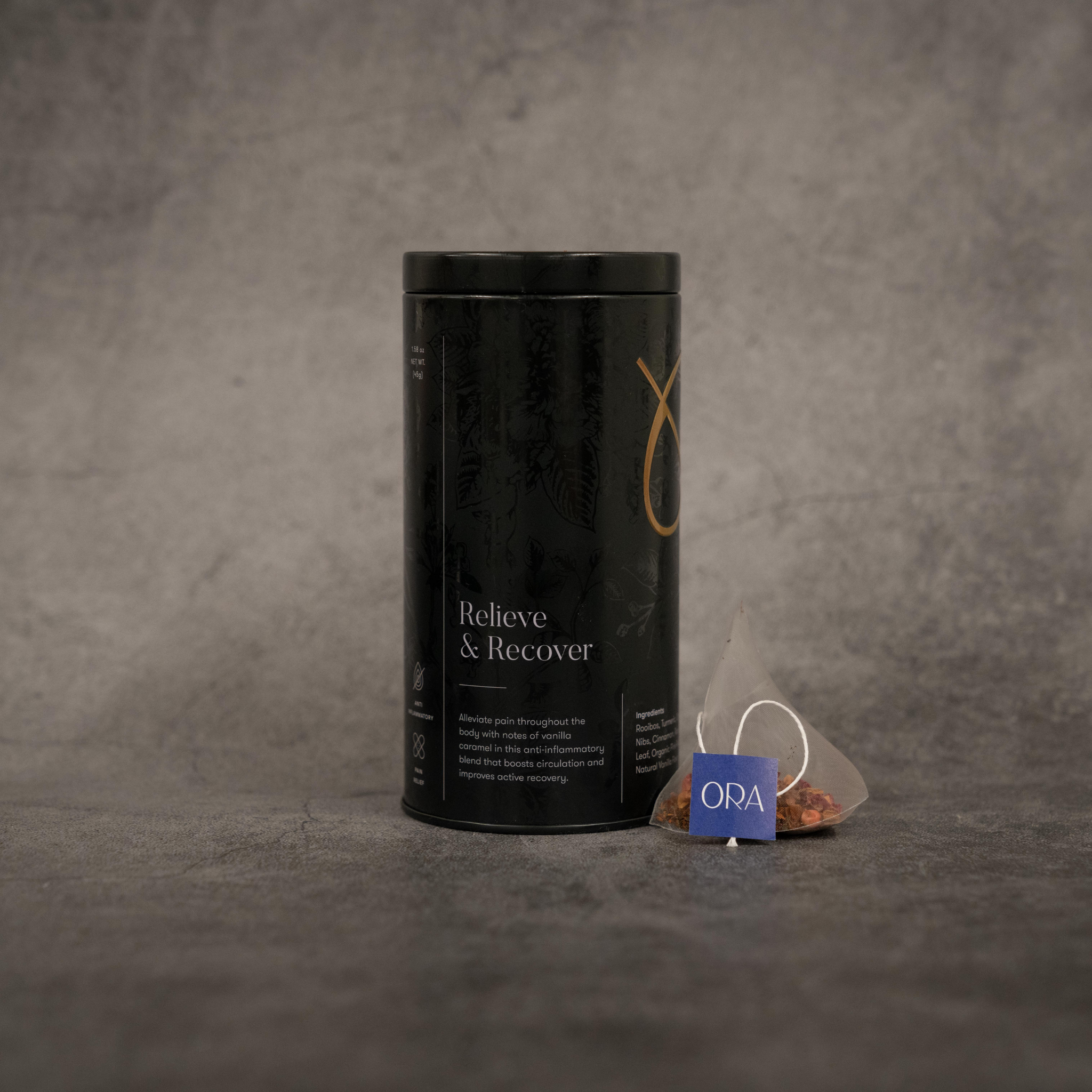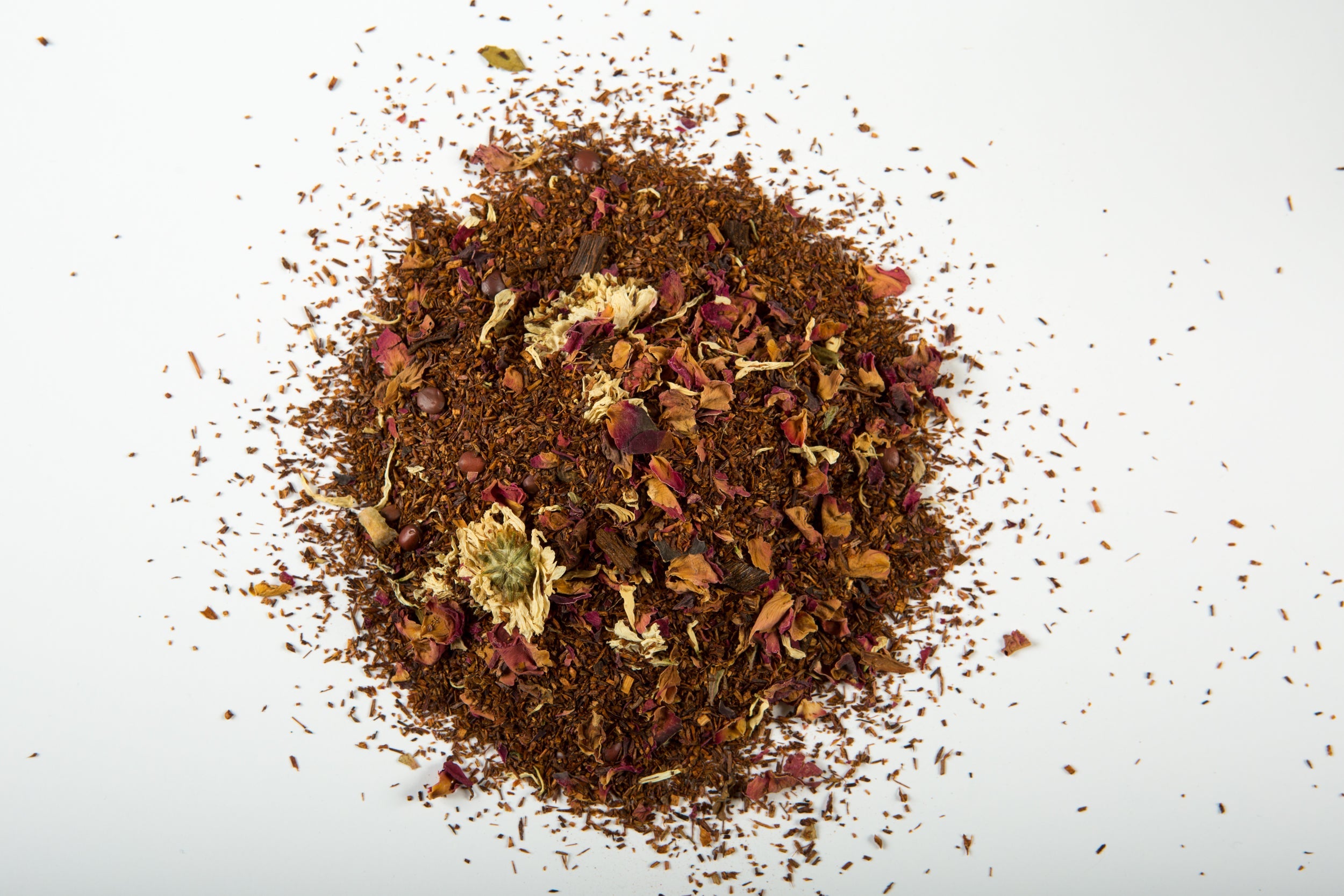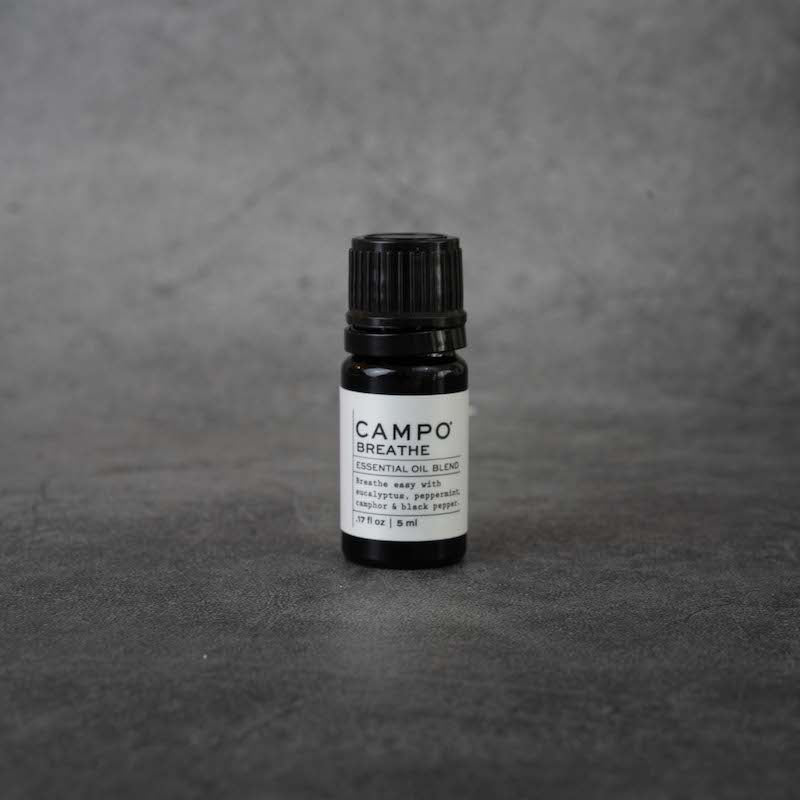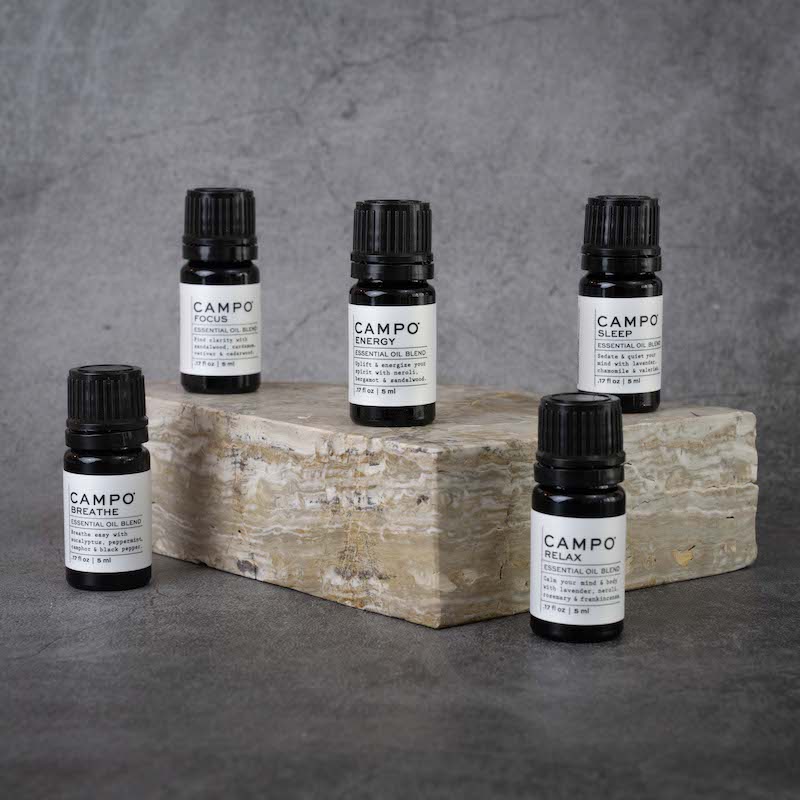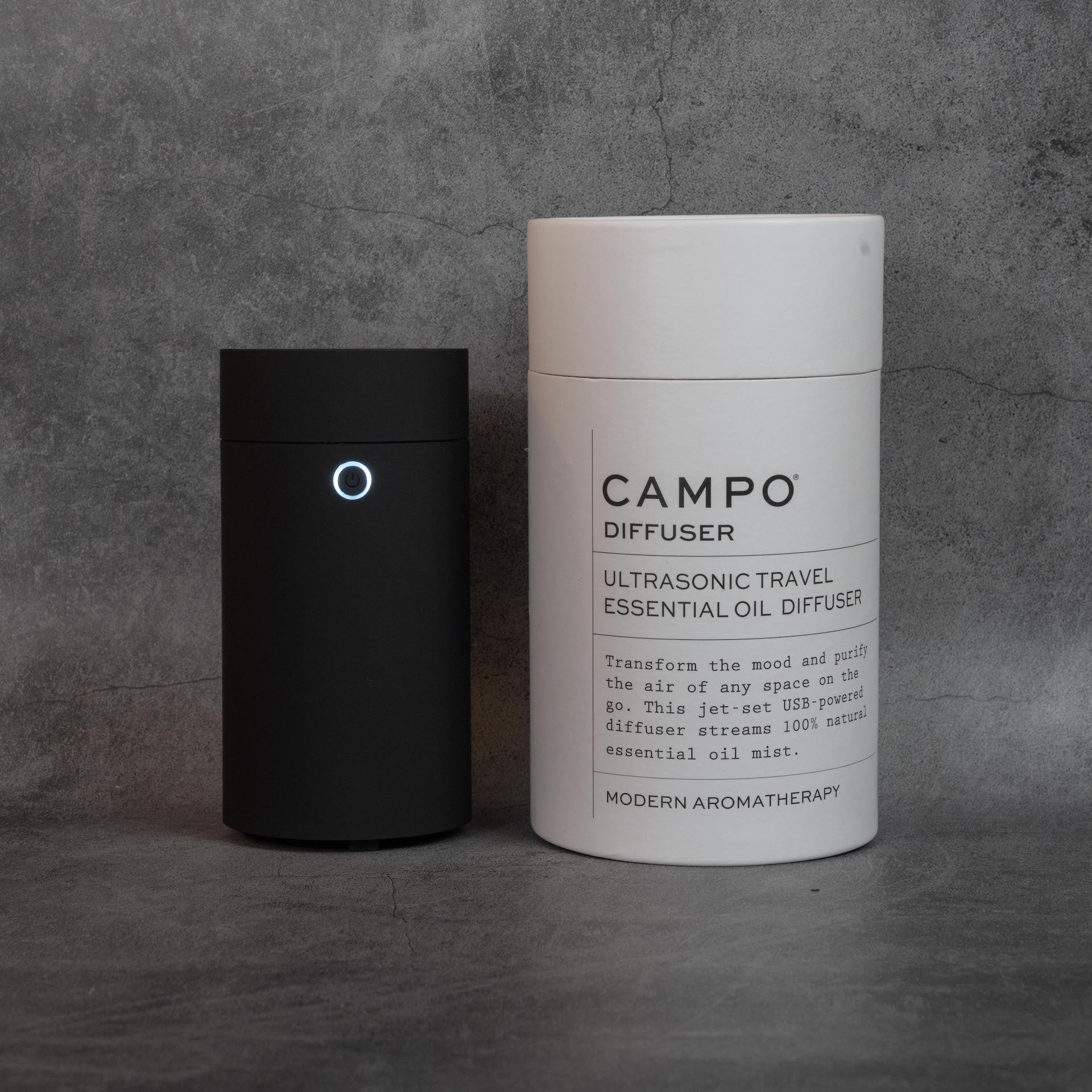Many of us, in high-stress situations, will often comment that our blood pressure is through the roof. But what does high blood pressure actually mean? And what can we do about it?
Scientifically speaking, high blood pressure, or hypertension, is the condition in which the force of blood against the arteries is too high. This is generally defined as having blood pressure over 130/90 mm Hg and is considered most severe when over 180/20 mm Hg. If your blood pressure falls in those categories, you’re not alone – nearly half of adults in the United States, or roughly 116 million people, suffer from hypertension. While it is incredibly common, it is still serious – high blood pressure is generally a chronic and critical condition that, if left untreated, can lead to heart disease, stroke, or kidney disease.
In traditional Chinese medicine (TCM), high blood pressure is a condition that should be diagnosed on an individual basis. The heart – much like in Western medicine – is an extremely viable organ responsible for maintaining blood circulation. In Chinese medicine, the heart is also responsible for blood production and is partnered with the small intestine, which is responsible for providing nutritious fluid and nutrients to the blood. Typically, high blood pressure is diagnosed as Liver Fire, as well as Yin/Yang deficiency and Damn Phlegm Accumulation. The liver, like the heart, is also an essential organ, responsible for regulating the movement of qi, blood, and fluids throughout the body. In addition, it regulates digestion, stores blood, prevents bleeding, and nurtures connective tissues. As with every other organ in TCM, the Liver has a Yang aspect and a Yin aspect. Liver Yang is responsible for bringing blood and nutrients towards the head and brain for proper function, while Liver Yin is responsible for anchoring the Liver Yang and maintaining homeostasis.
When these balances are thrown off, there are serious ramifications on the body. With “Liver Fire Rising,” the Yang of the Liver is overly dominant and can cause symptoms such as headaches, dizziness, irritability, and high blood pressure. Yin/Yang deficiency is a broad term that encompasses deficiency in several organs, such as the heart, kidneys, lungs, and liver. This deficiency results in weak organ function pertaining to the movement of qi and blood, resulting in metabolic imbalances that may ultimately cause high blood pressure. Damp phlegm accumulation is a pathological condition that can block the heart blood and qi and is caused by emotional stress and fatty or sweet diets.
There are many factors that contribute to high blood pressure; while genetics and age may increase the risk of hypertension, behaviors and lifestyles can also contribute – particularly, poor diet, lack of physical activity, tobacco use, excessive drinking, and obesity.
These conditions can all be treated with both acupuncture and herbs, which act by increasing the body's antihypertensive agents and rebalancing metabolic pathways. Specifically, one of the best herbal formulas for high blood pressure is Tian Ma Gou Teng Yin. This formula calms the liver, clears heat from the system, moves blood and strengthens the liver and kidney. It is particularly suitable for someone who gets angry or frustrated easily.
Western medicine can also help. There are several pharmaceuticals that help maintain normal blood pressure, such as ACE inhibitors, beta blockers, calcium channel blockers, vasodilators, and antihypertensive drugs. Unless told otherwise by an acting physician, none of these drugs interfere with treatment by means of TCM, but be sure to let your physician know about any changes to your treatment plan.
Other ways to help manage high blood pressure include exercising regularly, eating a healthy diet, reducing sugar and salt intake, limiting tobacco and alcohol use, getting enough sleep—8 hours is ideal. One should also practice self-care to reduce stress levels via meditation, acupuncture, or massage.
Don’t accept high blood pressure as inevitable. With a combination of TCM, western medicine, and self-care, it is possible to take control of your hypertension and avoid its health consequences. The next time your doctor goes to measure your blood pressure, you can stress a little less.




